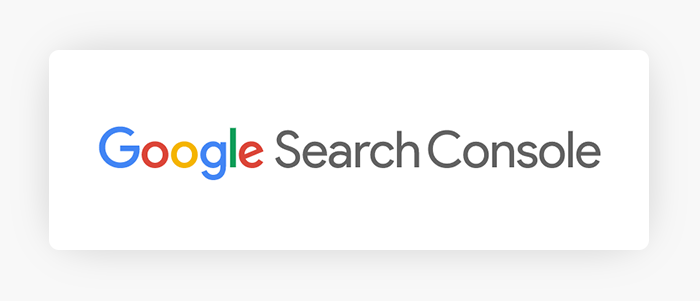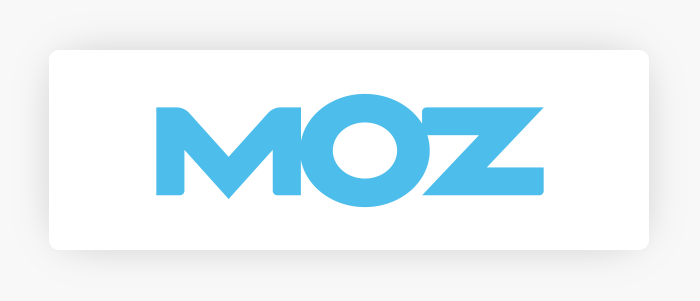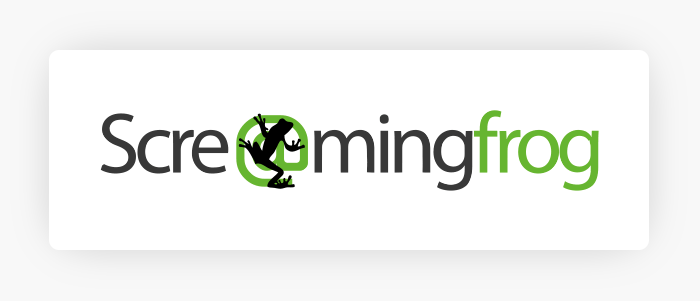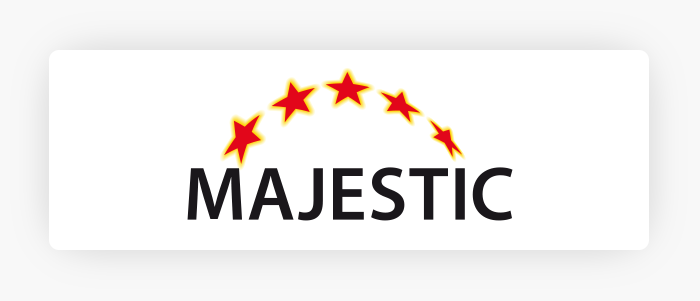We can’t send you updates from Justia Onward without your email.
Unsubscribe at any time.
If you have spent some time in the digital marketing space, you know the importance of Search Engine Optimization (SEO). In this article, we highlight some of our top picks for tools to help you improve your website SEO, as well as gather intelligence on your competitors.
You know that Search Engine Optimization (SEO) matters. Even if you are not a technical person, you have surely run across the term “SEO” in the course of your marketing efforts. Having an awareness of SEO is a great starting point, but it ultimately won’t get you to the finish line if you don’t understand and implement an effective SEO strategy.
To help you improve your SEO performance, there are a number of SEO tools to help. These tools will give you insights and suggestions, on your (1) content, (2) technical SEO, and (3) backlink profile. These tools can also offer insights about your competitors. In addition to having a solid SEO strategy, you should incorporate some of the great tools available to streamline your SEO processes.
In this article, we will give you the highlights of a few of our picks for tools to help you evaluate and improve your SEO. If you need a refresher on the SEO basics, then you can check out Search Engine Land’s Guide to SEO.
SEO Tools for You to Consider
Regardless of where you are in your SEO journey, whether it be just starting or a seasoned pro, you need to check in on your SEO performance and, when possible, get some competitive intelligence on your competitors’ sites too.
1. Google Search Console

Google Search Console (GSC) is your website’s interface with Google itself. GSC can help you submit new and changed pages to Google and monitor technical issues, as well as your website’s performance in Google search results. More than 92% of the worldwide search engine market share belonged to Google in March 2021. Thus, most SEO is about ranking higher in the Google organic results. Because GSC provides information directly from Google, there is no more important tool in your SEO toolbox.
You can use GSC to submit a sitemap, which tells Google where to find the important content on your website. This can help Google with crawling and indexing your site, which is the process by which Google’s bots review or read your pages to determine when and how your site will show up in the Google search results.
GSC helps you understand your users’ page experience with your website. Page experience includes Core Web Vitals, mobile-friendliness (Mobile-Freindly Test), safe-browsing (Security Issues report), HTTPS, and intrusive interstitial guidelines. GSC gives you insight into these search signals that impact real-world users.
GSC provides a Core Web Vitals report so you can check how your website performs with real users. The report will also provide suggestions for improvement of your website. As Google will be incorporating the Core Web Vitals into their algorithm over the coming months, it is important to address any issues that show up in this GSC report now.
GSC also allows you to see how your website performs for certain queries with its Performance report. This report shows you your click-through rate (CTR) for certain terms and helps you better understand the keywords in those queries where your site may be underperforming in search results.
To see how this data has changed over time, you can use the date comparison feature to evaluate whether you have pages that need to be updated to preserve their SEO value. You can also check out the “Pages” tab to see how the pages on your site are performing and evaluate ways to optimize these pages for better search engine performance.
With the “Links” report, you can evaluate another key SEO metric: links. This report allows you to see which pages on your site are getting links from external websites (backlinks) and also allows you to evaluate the internal links throughout your site.
You can pair GSC with other Google tools, such as PageSpeed Insights, Rich Results Test, Google Keyword Planner, and Google Analytics, to get an even more complete picture of data that matters for your SEO strategy and to take your understanding of your site’s performance one step further.
Watch this Justia Webinar playlist on YouTube to gain insights about Google Search Console.
2. Ahrefs

Ahrefs offers several tools to help you with your SEO strategy. Ahrefs Webmaster Tools is a free platform similar to Google Search Console. It allows you to understand the keywords that are helping drive traffic to your site, where you get backlinks, and find common SEO issues. It also offers advice and insights to fix any issues you may find and boost your rankings.
Ahrefs tries to fill in the gaps for some of Google Search Console limitations. Ahrefs provides a comparison between the two platforms here. That said, one should always remember that GSC provides important information directly from Google, so Ahrefs is not a GSC replacement.
Ahrefs offers SERP Checker, a paid tool that shows you the top 10 rankings for any keyword in 200+ countries and can show you the number of referring domains, backlinks, and estimated traffic those sites receive. You can see the history that shows you the ranking patterns for the top five pages to evaluate whether there is movement in those top results. You can also integrate this tool into other Ahrefs products.
With Site Explorer you can engage in detailed competitive intelligence and take a peek at the estimated search traffic and backlinks of any URL. This allows you to understand what keywords other law firms rank for and what pages bring them the most visitors. You can also get an idea of what websites are linking to other firms and compare the quality of their backlinks to yours. Site Explorer also lets you see whether your competitors are engaging in paid search engine marketing and where they direct those visitors.
The Ahrefs Keyword Explorer tool estimates search volume for various search platforms, including Google, YouTube, Bing, and others. It calculates a keyword difficulty score to help you understand the difficulty of ranking for your chosen keywords and also includes metrics to help you understand important related data, such as the estimated number of clicks for your keywords, as opposed to just search volume. It also helps you save your keyword phrase ideas so you can revisit them later when needed.
They even offer an SEO Toolbar as an extension for your Chrome and Firefox browsers to provide SEO data about pages that you visit, such as broken link checkers, search engine result page positions, and an on-page SEO report. This can be helpful information when you look at a competing firm’s site or your own.
For a full list of tools available through Ahrefs and their benefits, check out their website.
3. Moz

Like Ahrefs, Moz is a company dedicated to SEO as a marketing tool. It offers both paid and free resources to help you evaluate your SEO strategy and effectiveness. The free Local Listing Score through Moz Local helps you better understand how your business is listed across the top local search engines and other important directories. This tool analyzes data from several different sources, including Google, Yelp, and Facebook, to help find new listing opportunities, as well as identify instances where your business information is inaccurate in your existing listings. Finding inaccuracies allows you to get the most from your directory listings because it helps you keep them updated with accurate and consistent information.
With a paid Moz Local subscription, you can take your SEO even further with tools to help you manage and synchronize your business listings, review management and analysis, Google and Facebook integration, social media posting, and duplicate listing management tools.
Moz Pro is designed to help you take some of the complexity out of your SEO efforts by bundling the Moz SEO tools and helping you create custom reports for your site. With this program, you can audit your sites and find issues that could be impacting your site’s performance. Its included Link Explorer (which also has a free platform) helps you find link opportunities and understand where other firms are getting links to their site. You can research other firms’ backlinks, research content that performs well, and analyze how sites are linking to you.
With the MozCast tool, you can keep an eye out for changes to the Google Algorithm that may impact your search rankings – and can impact your competitors too. Like its competitors, Moz also offers a Keyword Explorer and SEO Toolbar (MozBar).
4. Screaming Frog

Screaming Frog is a UK-based search marketing agency that is well known in the SEO world for its SEO Spider Tool. It is one of the most comprehensive tools out there for gathering onsite data in one place. With the tool, you can crawl 500 URLs for free and unlimited URLs with the affordable paid program. This gives you SEO data, such as URL, Schema categories, link information, and more.
As a bonus, this tool is great for a beginner because you don’t have to have extensive SEO expertise to harvest the information. This is not to say that Screaming Frog does not offer advanced features and insights into complex data. Rather, the tool’s functionality allows anyone to easily gather onsite data and makes it easy to filter for common SEO problems, such as duplicate pages, metadata issues, broken links, etc. With the paid program, you have access to the full strength of this tool and can integrate it with other tools, such as Ahrefs, Majestic, Moz, and even some Google products, such as Analytics, Search Console, and PageSpeed Insights.
5. Majestic

Majestic is mainly a backlink analysis tool that will help you analyze your site and competitors’ sites backlinks. This functionality can assist you with your link-building efforts or even help find issues with your site’s backlink profile. As with other tools, such as Ahrefs and Moz, Majestic also provides a set of internal proprietary metrics (TrustFlow, CitationFlow, etc.) to help gauge the strength of your backlink profile. One of the strengths of Majestic is that it provides different views that can help you assess the backlink profile for a given site or URL from different angles.
Unlike Ahrefs and Moz, you cannot use Majestic to evaluate keywords and keyword difficulty. It also does not let you directly check rankings, search monthly volume, or otherwise audit websites to find SEO issues. Instead, Majestic has focused on one aspect of SEO to do well: link-building efforts. However, it is a great tool in your toolbox as it offers link analysis data and tools that are more robust than some of its competitors.
Watch this clip to learn more about third-party and Google tools.
Final Thoughts: Why Do You Care?
You need tools to evaluate your SEO and you want your toolkit to be well-equipped. Each of these tools has benefits and drawbacks for your SEO analysis, but all can be very useful in evaluating your SEO strategy. If you need an expert to help you get it right, then Justia is here to help.